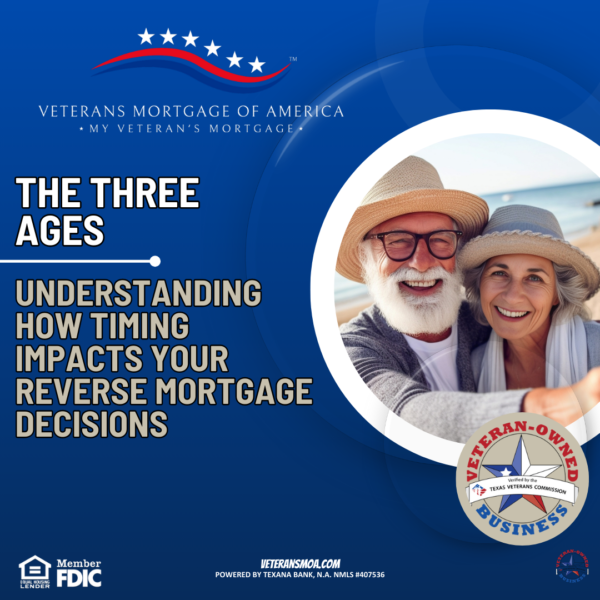
When considering major financial decisions like a reverse mortgage, it’s important to understand how age is defined in three distinct ways:
- Chronological Age – This is the simplest definition: the actual number of years you’ve been alive. For example, turning 62 makes you eligible for a reverse mortgage.
- Subjective Age – This is how old you feel. Many seniors in their 70s and 80s still feel much younger, maintaining an active lifestyle and sharp mental acuity.
- Functional Age – This reflects your physical and cognitive abilities. Someone may be 75 but have the mobility and mental sharpness of a 60-year-old—or, unfortunately, experience significant decline due to health conditions.
The Risk of Waiting
Problems arise when subjective age differs greatly from functional age. Many seniors feel younger than they are and delay financial planning, assuming they have plenty of time. However, when a medical emergency strikes—such as a stroke, dementia diagnosis, or sudden mobility loss—functional age rapidly declines. At that point, qualifying for a reverse mortgage can become far more difficult, or even impossible, due to diminished capacity to make legally binding financial decisions.
Plan While You’re Strong
The best time to secure a reverse mortgage is when your physical and mental state are on solid footing. Procrastination can lead to unnecessary stress for you and your family, limiting your options when you need them most. By acting early, you retain control over your financial future while ensuring access to the benefits a reverse mortgage provides.
Michael Pankow is a Certified Senior Advisor (CSA) and Certified Aging in Place Specialist (CAPS). He is licensed to provide mortgage loans in all 50 states (NMLS 220611) and can be reached at 916.296.7765.





